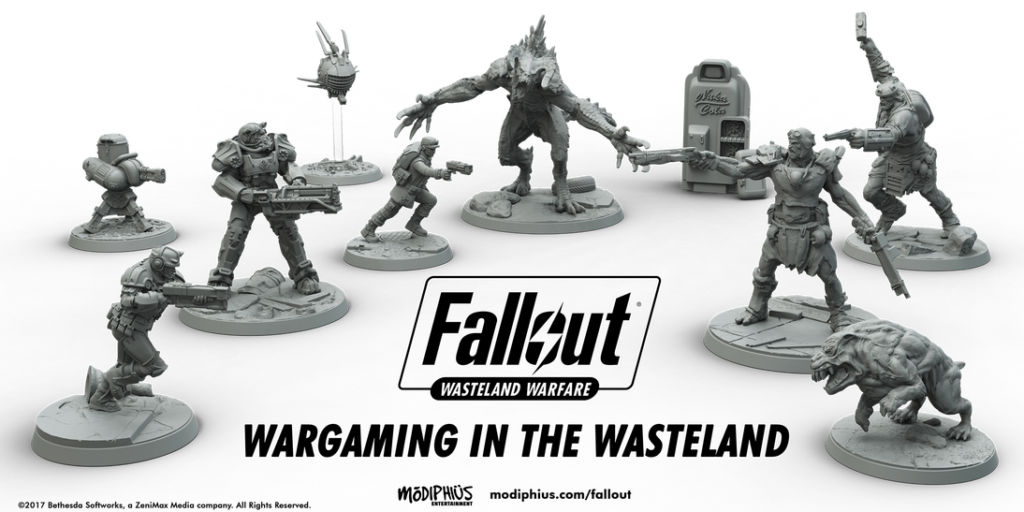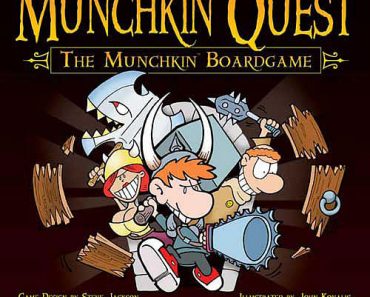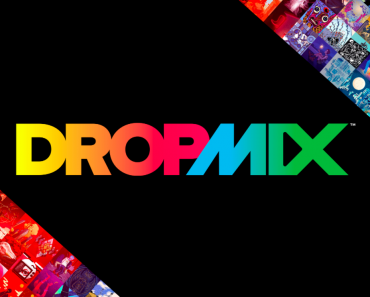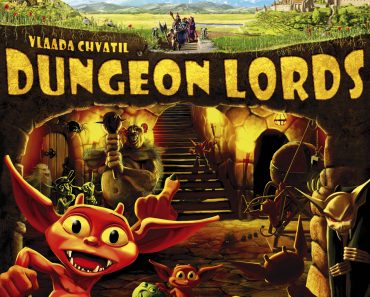This November, Bethesda Softworks’ famous Fallout franchise, which has long been famous in the world of video gaming, expanded its critically-acclaimed universe beyond the screen and onto the tabletops of excited fans.
Following a successful launch of a virtual reality title, Bethesda partnered with both Fantasy Flight Games and Modiphius Entertainment to create two Fallout-themed tabletop games.
Fantasy Flight Games is a familiar name to avid tabletop players, responsible for the creation of titles set in the Star Wars, Game of Thrones, Lord of the Rings, and Android universes.
Modiphius, too, has quite the resumé; they are the studio responsible for the Conan and Star Trek Adventures role-playing games.
In this article, we’ll explore Fantasy Flight’s Fallout game.
Fantasy Flight Games’ entry to the series is a multiplayer exploration game that takes place in the locales presented in the video games Fallout 3 and Fallout 4.
The core of its gameplay centres around an enormous deck of quest and encounter cards which allow for randomised gameplay.
Each play-through of the game has the players follow a narrative storyline that is advanced through by drawing through the encounter deck.
There are four campaigns contained within the base box:
1. The Pitt, set in Pittsburgh and centering around the Fallout 3 expansion in the same area
2. The Capital Wasteland, set in Washington, D.C. in the middle of a major battle between two of the game universe’s most famous factions.
3. Far Harbor, set in an irradiated, post-apocalyptic Bar Harbor, Maine featuring a battle against the strange denizens within.
4. The Commonwealth, featuring a struggle between two factions in brutal disagreement over the rights of “synths.”
After players choose a campaign, they’ll be able to set up the story arc goals that form the win conditions for the game. As play goes on, new story elements may be drawn from the encounter deck to complicate or add complexity to the win conditions.
Fallout’s dynamic gameplay ends up simulating the experience of the video games quite well; Bethesda’s Fallout series is most famous for being an open-world series that allows players to explore wherever their fancy drives them.
In addition, each player in the game is able to level and customise their characters independently, adding further RPG elements to the game.
The customisation doesn’t end with levelling, though; in nearly every campaign, there are multiple factions that players can choose to work with or appeal to. In addition, players don’t have to rush towards the end-game objectives immediately.
They can choose to explore the game’s many scenarios, building power and adventuring much like in the original video games.
As always, Fantasy Flight has done their due diligence in the visual design department; the game’s art has received critical acclaim.

It’s instruction manuals have also been reviewed well, displaying that Fantasy Flight has heard the critique of their players on the matter of arcane and confusing instruction manuals.
The bow that wraps this game up nicely is the fact that the rules even contain instructions for playing the game solo so that if you enjoy the challenge and ability to explore new Fallout stories in a different medium, you can do so at your own pace.





